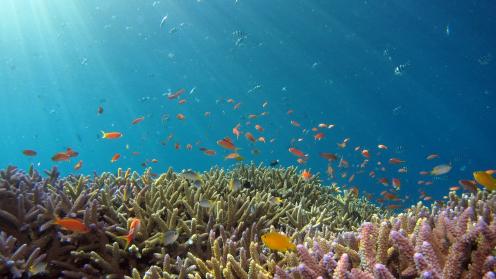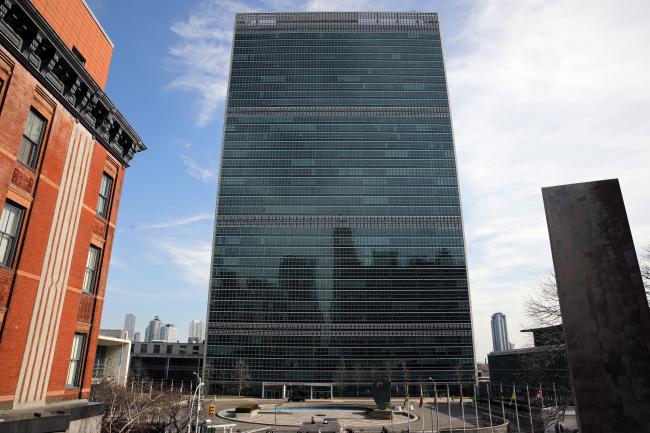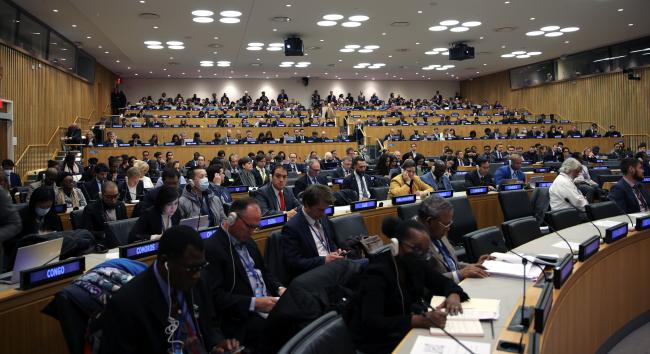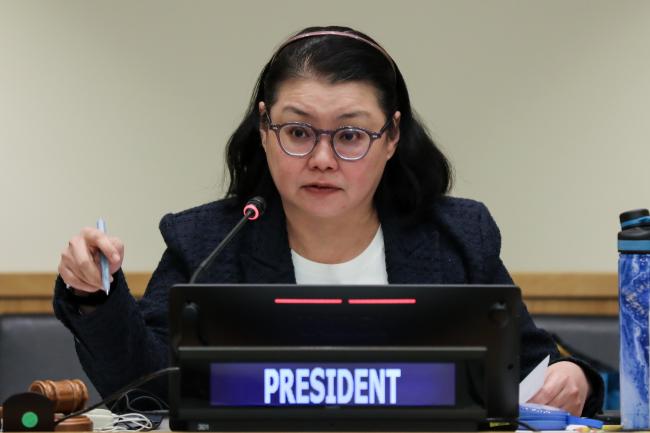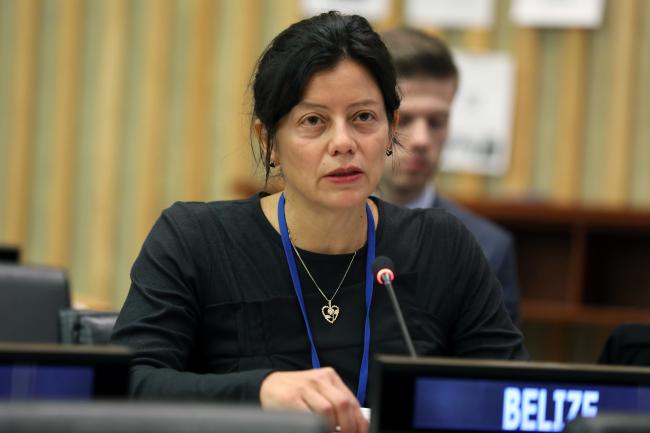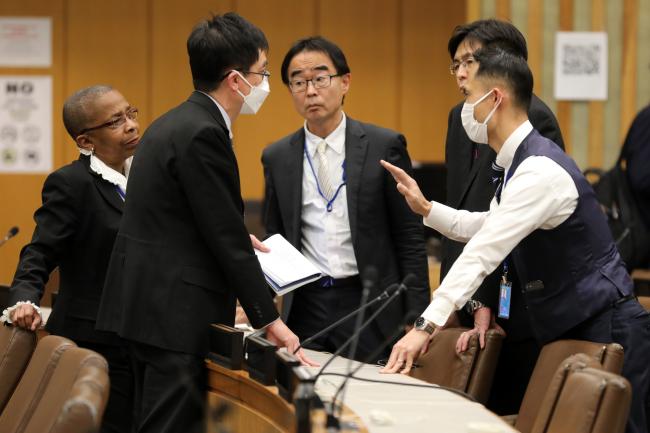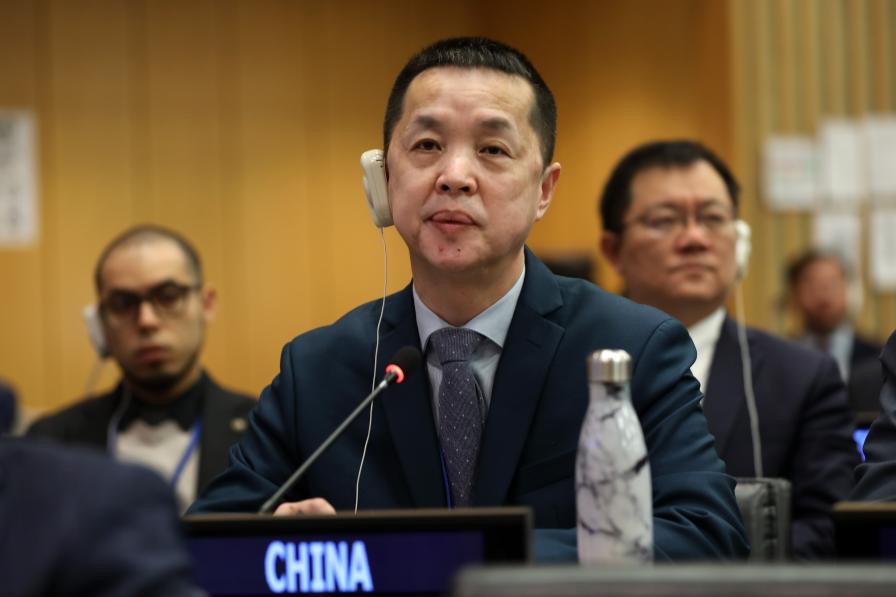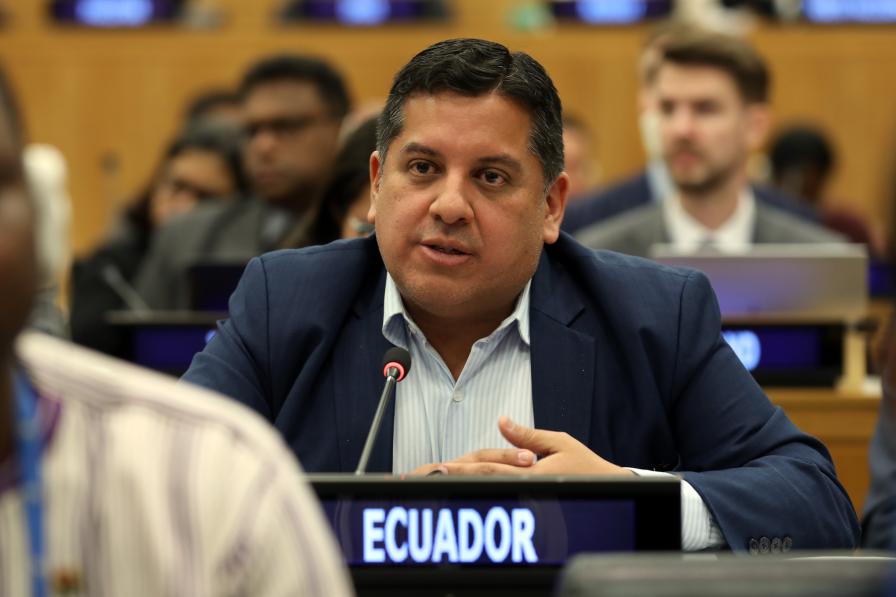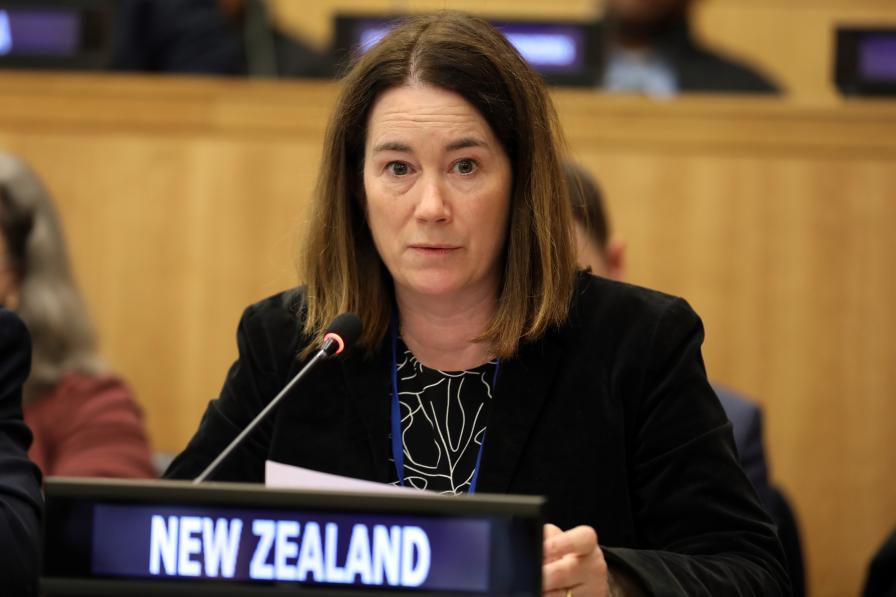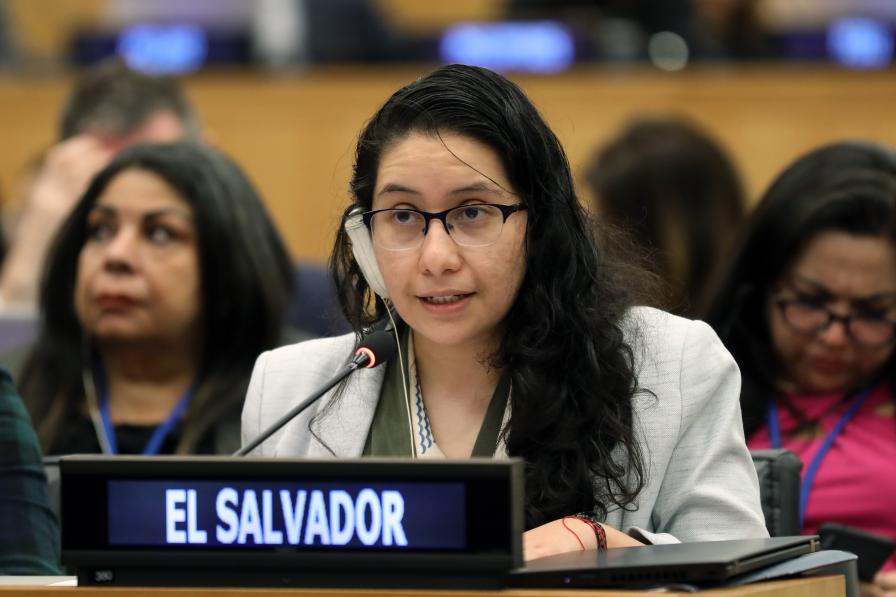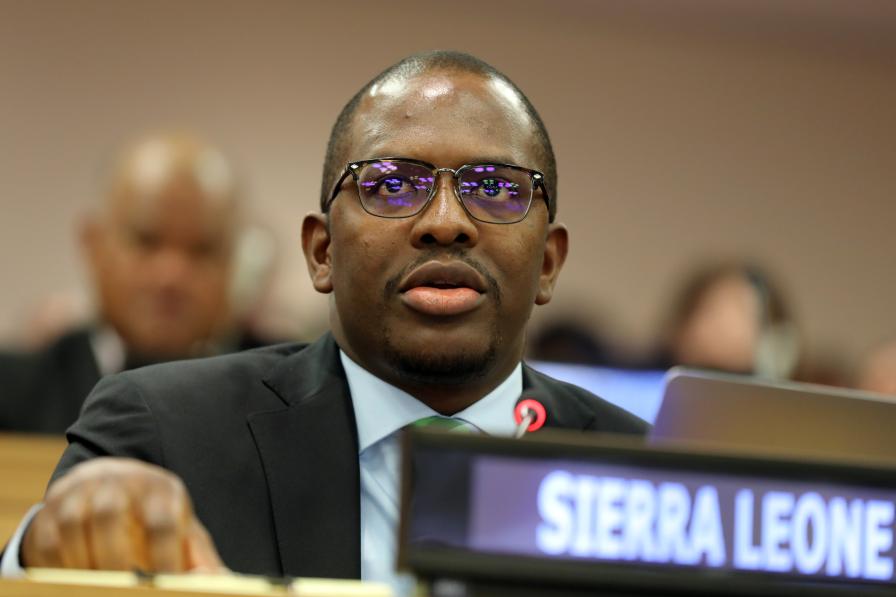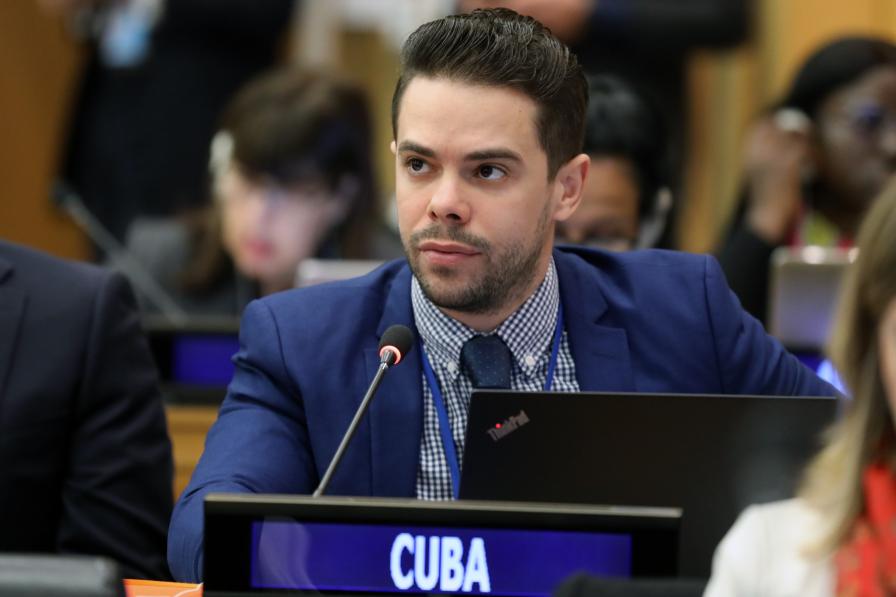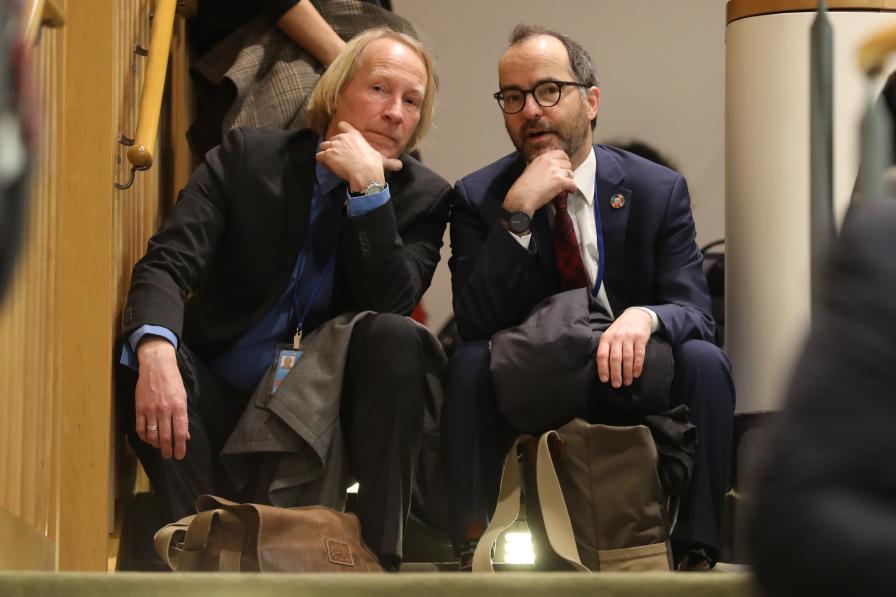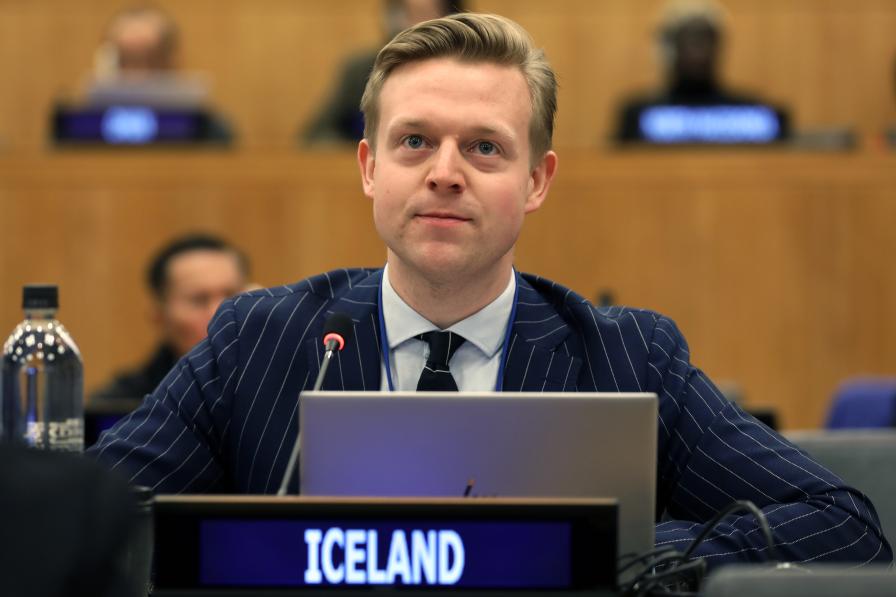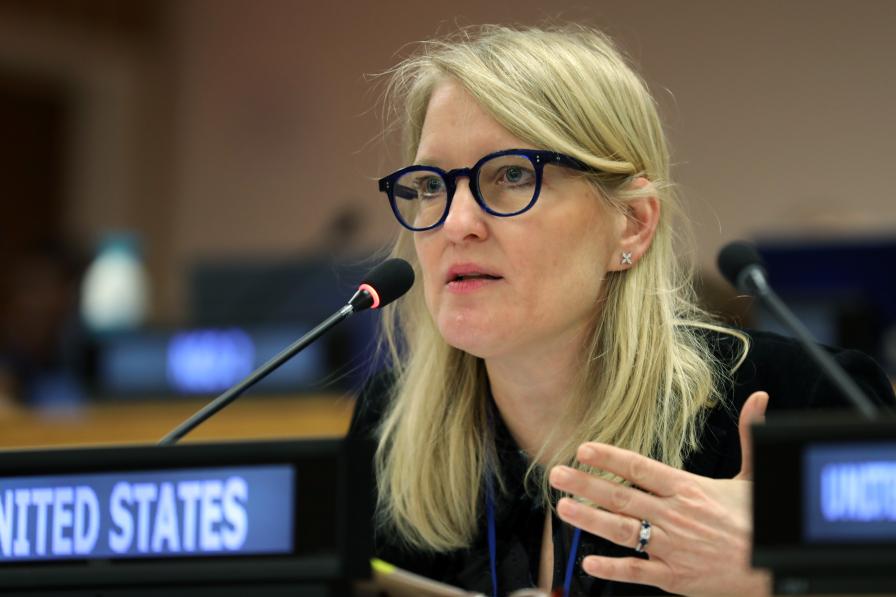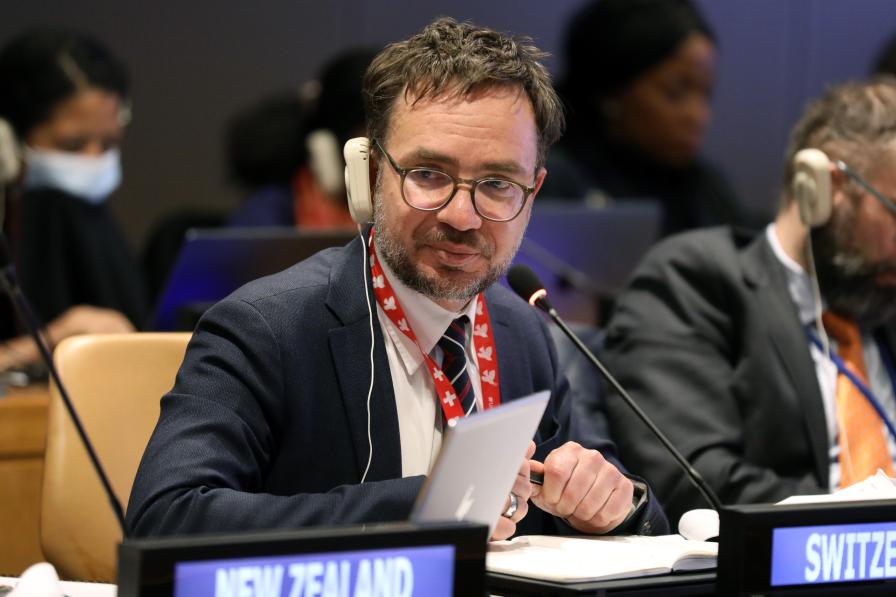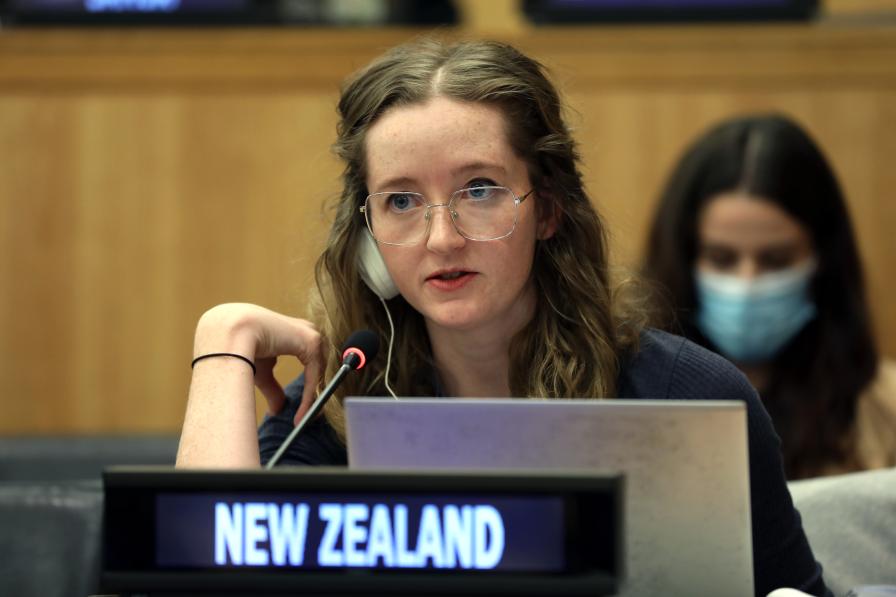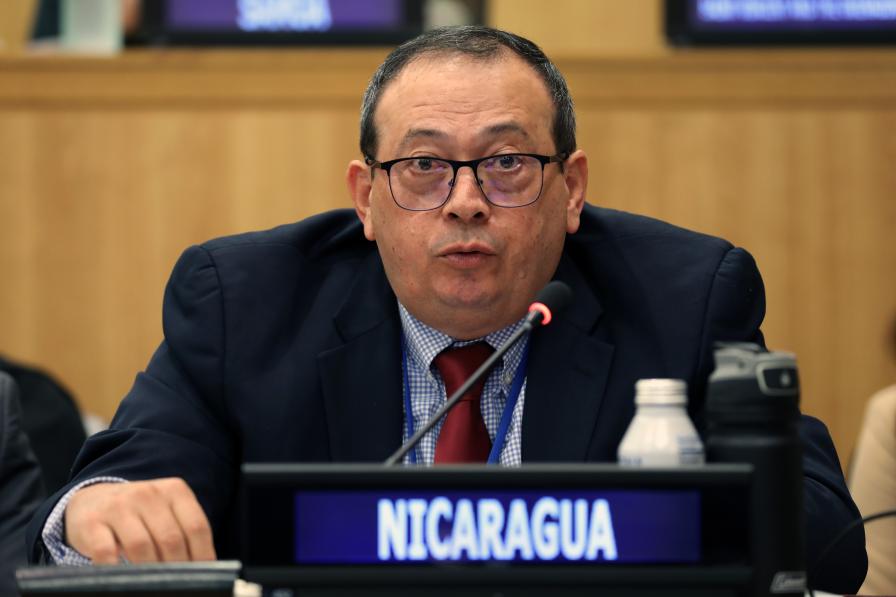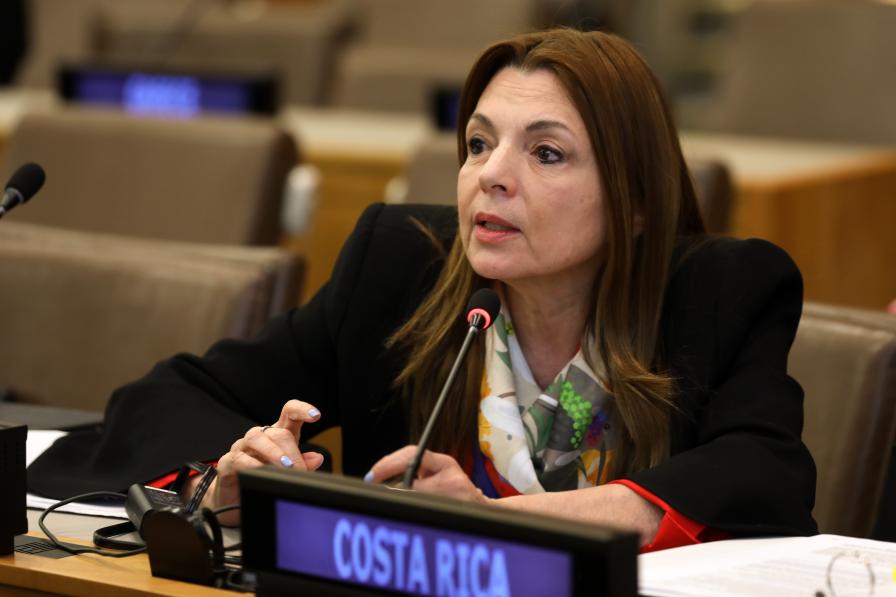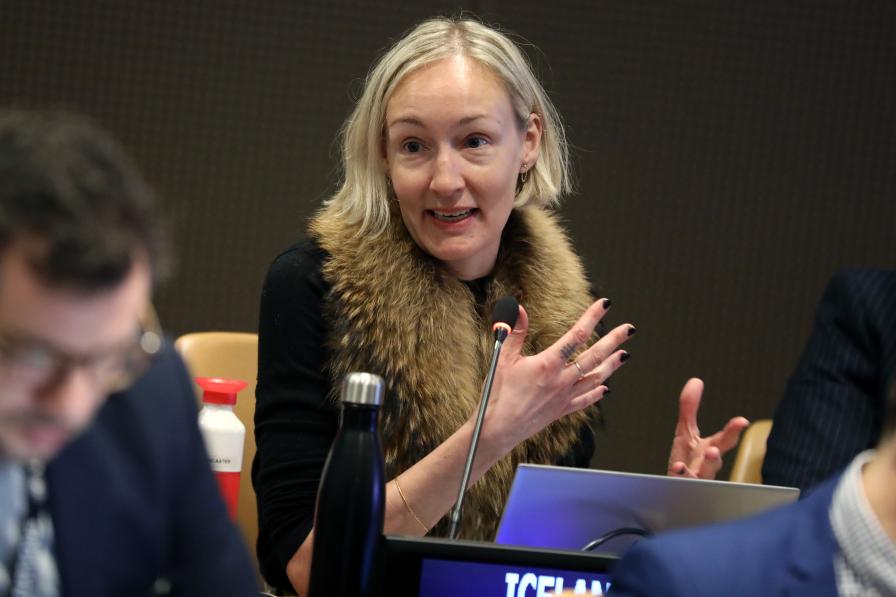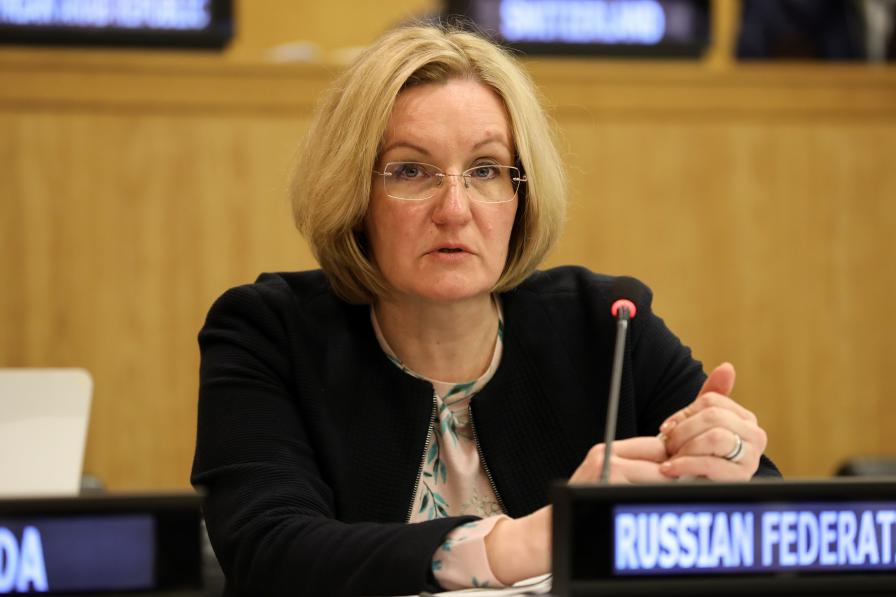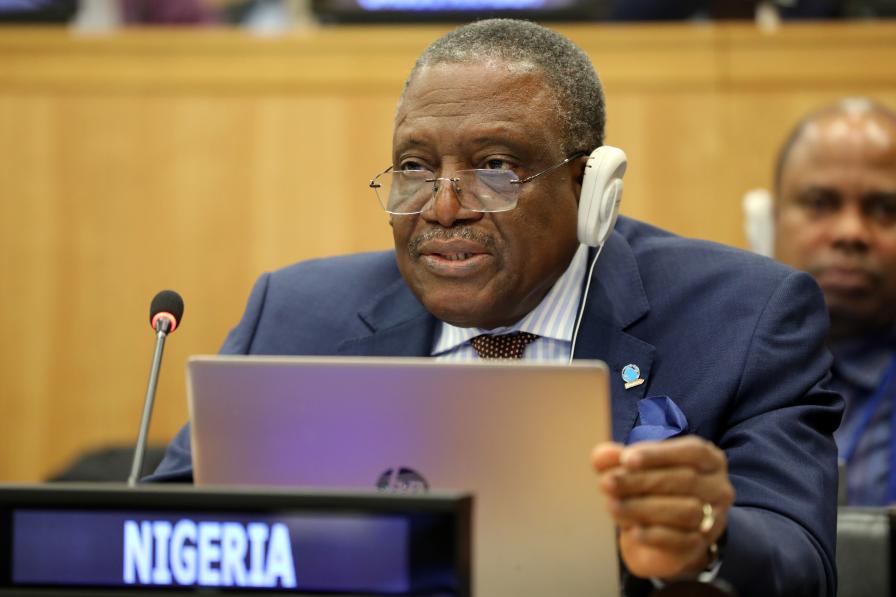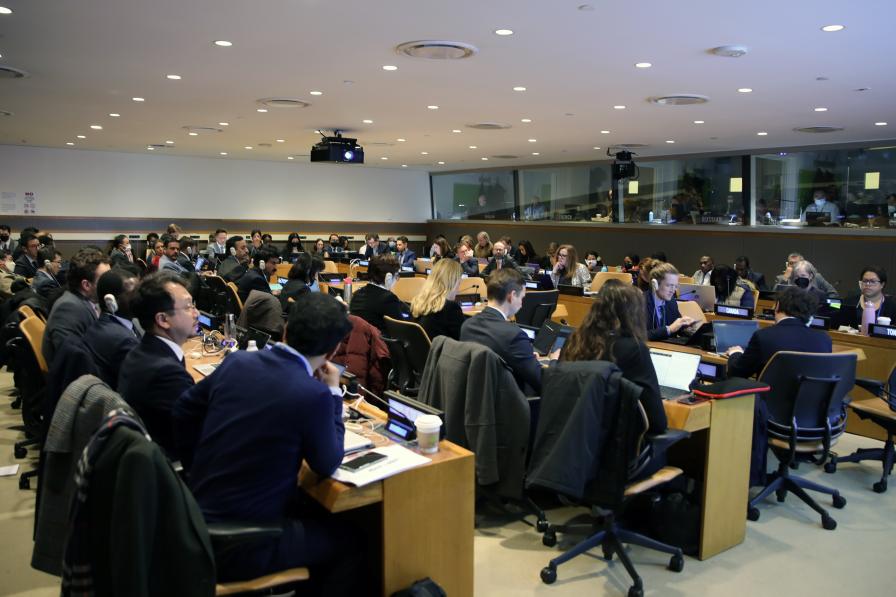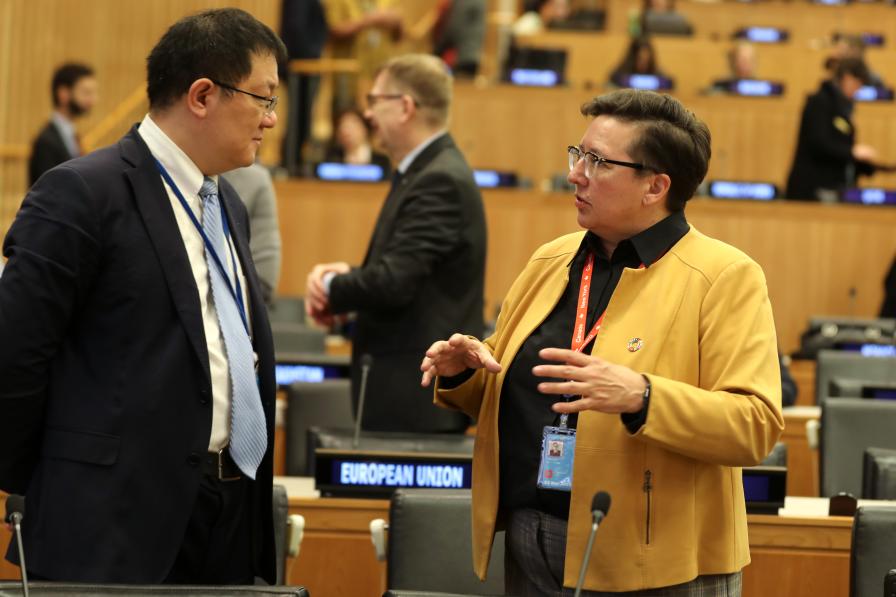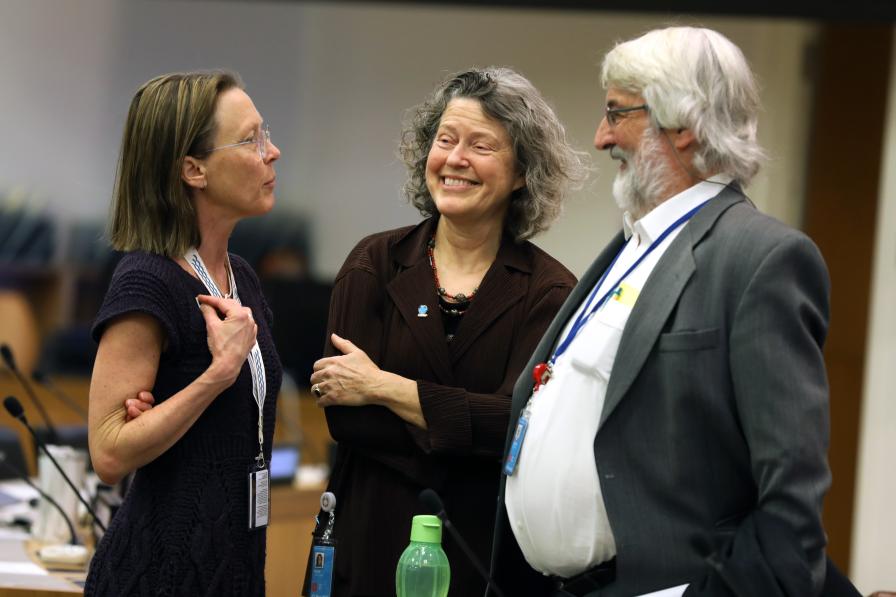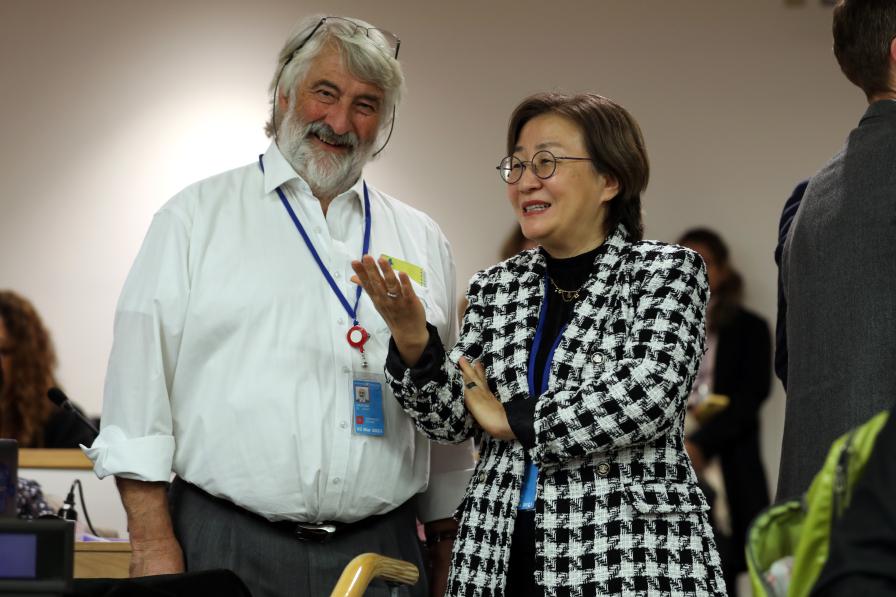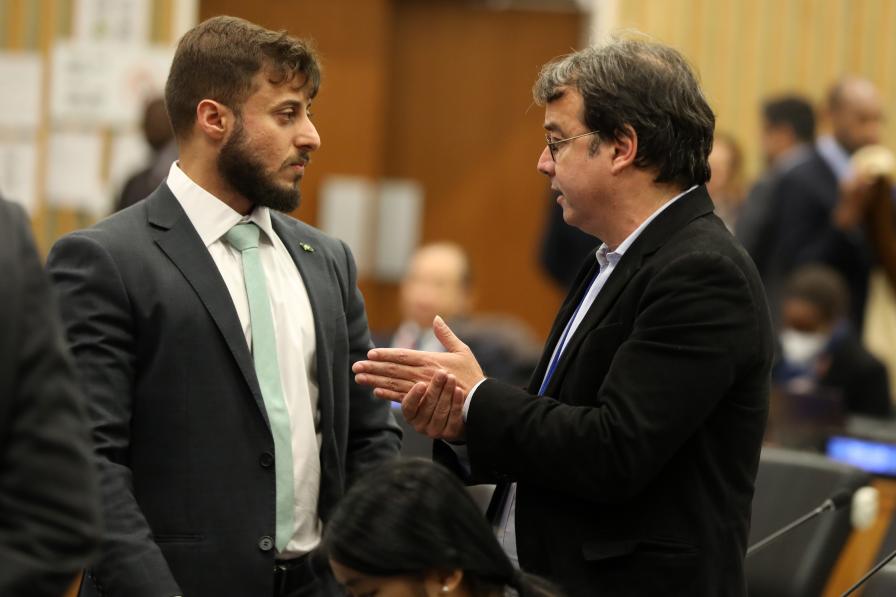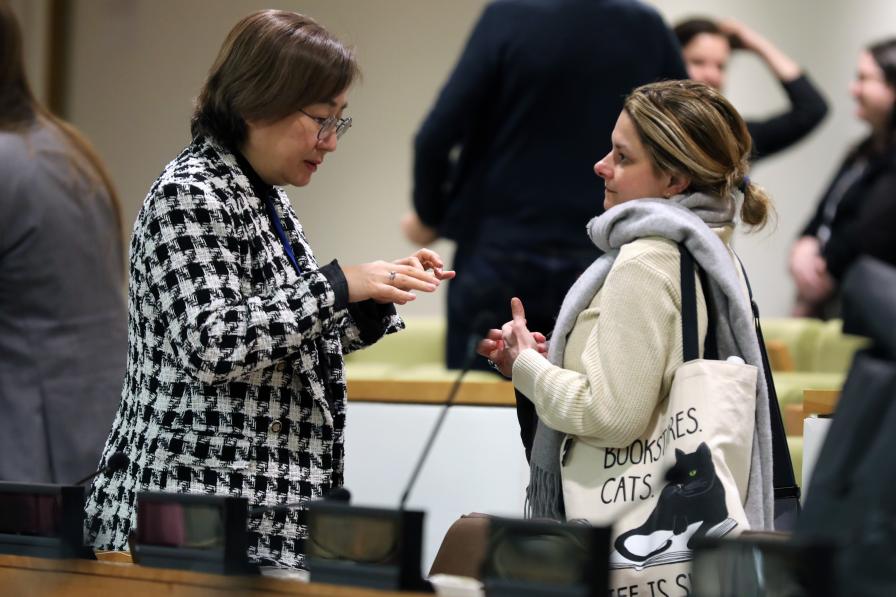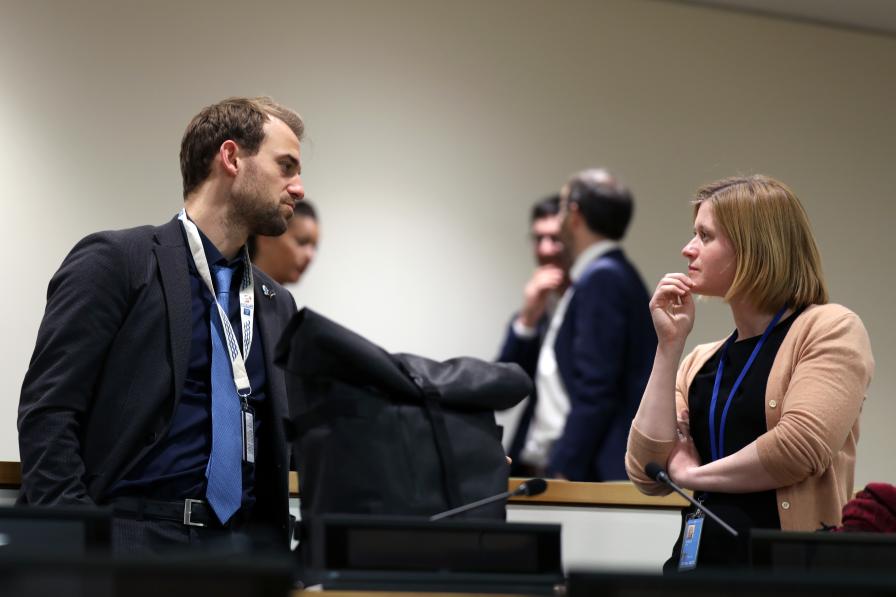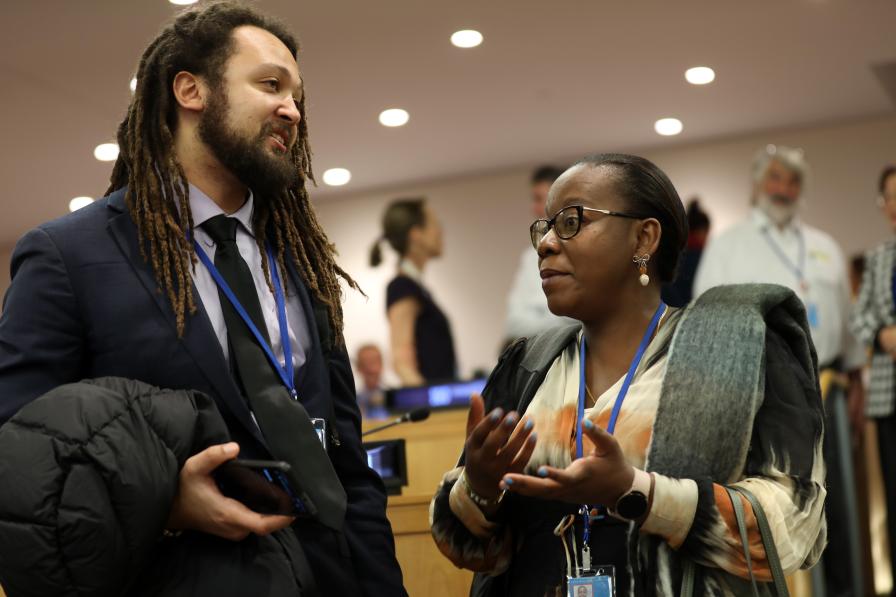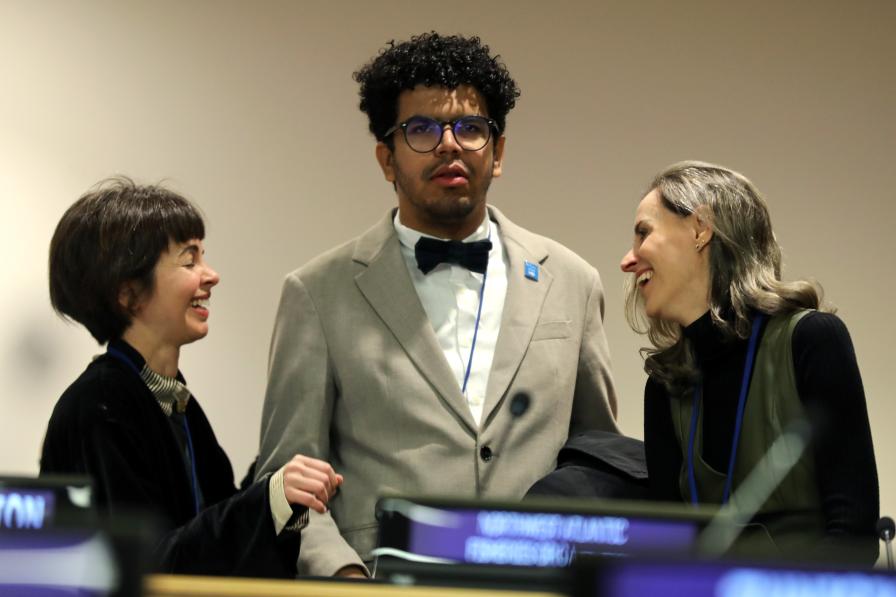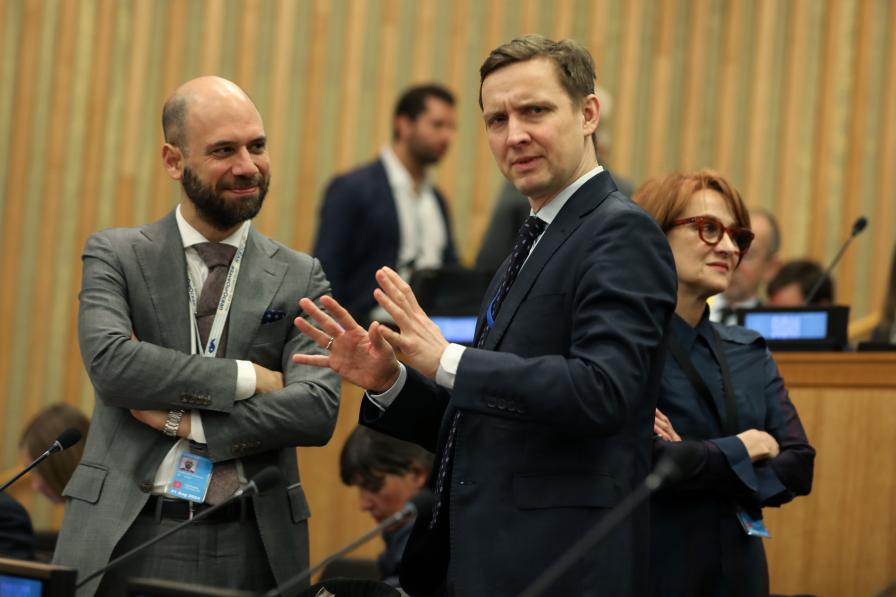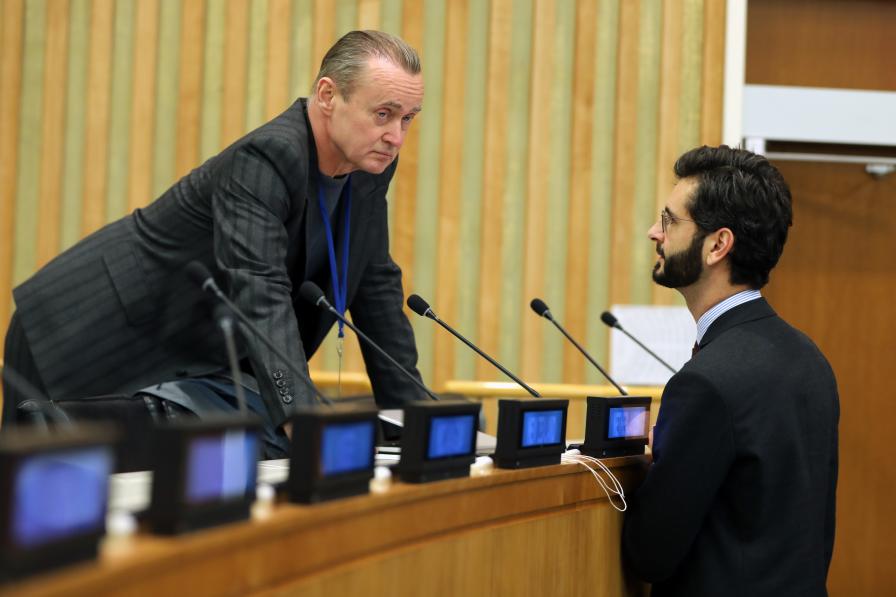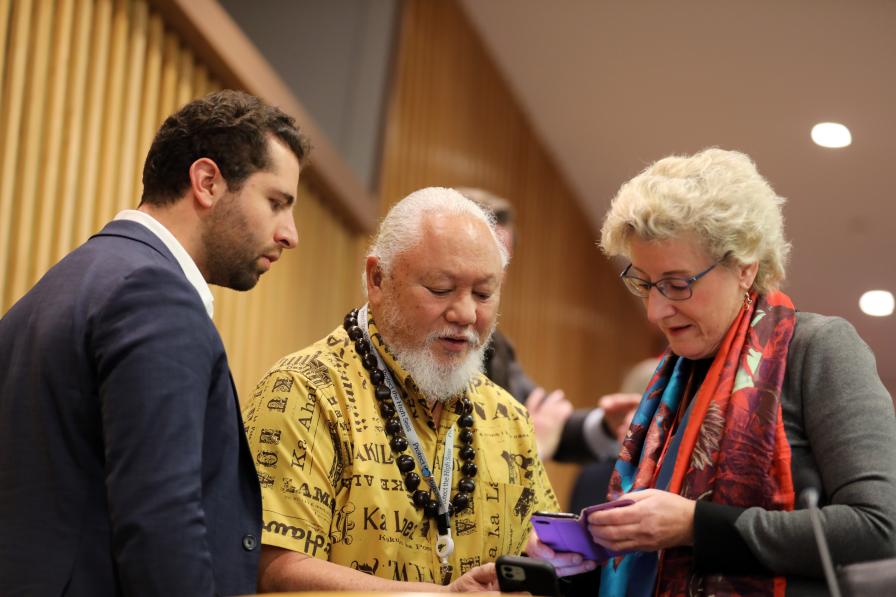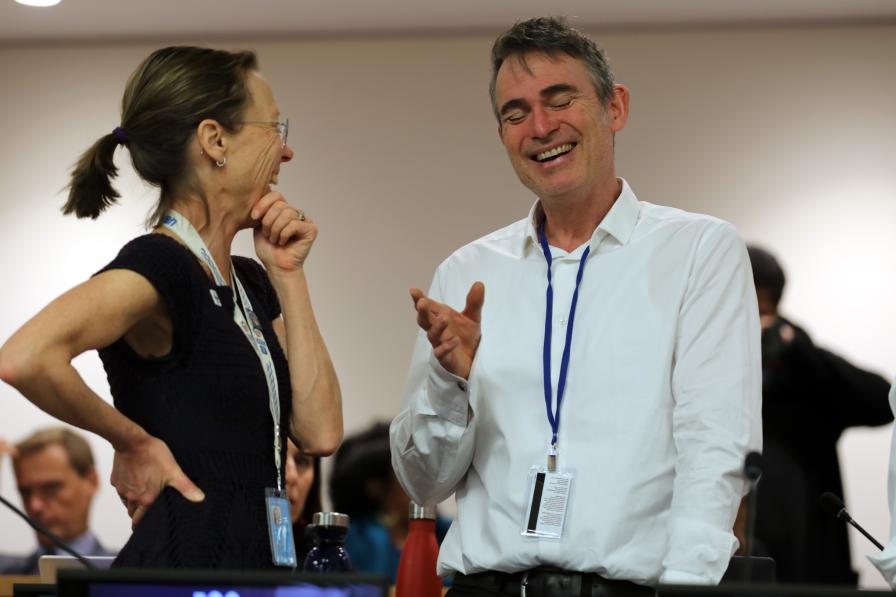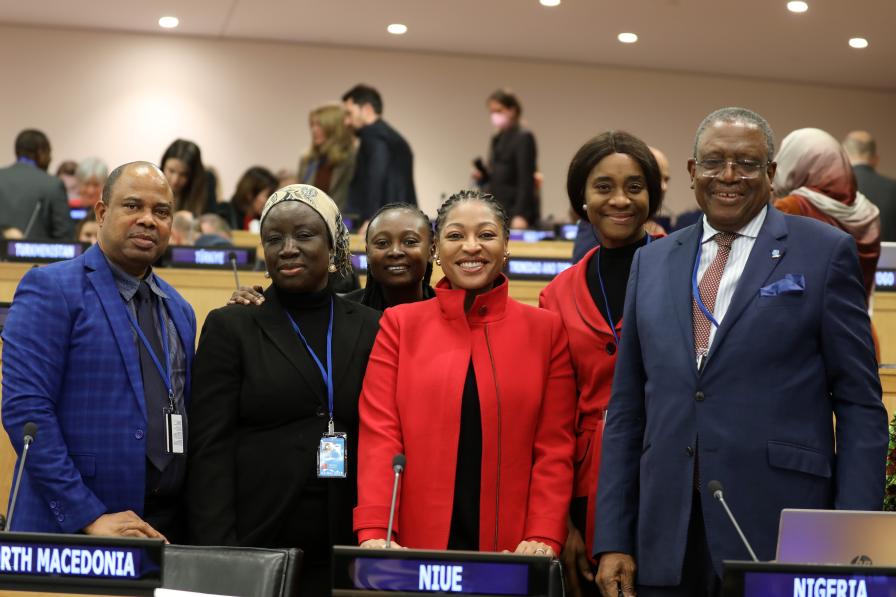Armed with an updated draft text of an agreement circulated over the weekend, delegations continued their deliberations at the resumed fifth session of the Intergovernmental Conference (IGC-5.2) on the conservation and sustainable use of marine biological diversity of areas beyond national jurisdiction (BBNJ).
Want to dive deeper? Read the full Earth Negotiations Bulletin daily report.
In a brief stocktaking plenary, several delegations including Cuba, for the G-77/China, and Sierra Leone, for the African Group, expressed concern over the state of the updated draft text. In the spotlight were the inclusion of some proposals that had garnered very little support, such as the last-minute inclusion of freedom of the high seas suggested by three delegations, which had been given “equal weight” to proposals supported by 140 countries. The concerned groups of states called for a text that is as representative of the international system as possible.
Delegates then met in three informal-informal consultations, in the morning and afternoon. They considered articles related to: marine genetic resources (MGRs), including benefit-sharing questions; environmental impact assessments (EIAs); and cross-cutting issues, specifically related to the final provisions of the new agreement.
In an effort to complete a full reading of the text, while discussions on MGRs were underway in one room, delegates in the other room lent themselves to addressing the legalese contained within the final provisions. Although most were straightforward, some called into question provisions related to voting rights of regional economic integration organizations, namely the European Union, potentially being entitled to vote for all its members, even if they are not present. Several delegations called for only parties present and voting to be counted, with one explaining that otherwise this provision would create “two classes of states.” This text still hangs in the balance, with delegations encouraged to consult informally to reach an adequate solution on this and other issues.
On MGRs, delegations poked the Intellectual Property Rights (IPRs) bear, rehashing arguments about the primacy of the World Trade Organization and the World Intellectual Property Organization over such matters. Others addressed the issue more “pragmatically,” submitting a proposal to the effect that IPRs do not undermine the fair and equitable sharing of benefits from MGRs. In further discussions, the group also considered a proposal on benefit sharing, which has been submitted during numerous IGC sessions. These issues remain outstanding.
On EIAs, delegates addressed many of the section's provisions and were able to resolve some outstanding issues, including on EIA reports, and the public notification and consultation process. The key issue of the level of internationalization of the EIA decision-making process remains undecided, as well as the determination of the threshold.
Small group discussions went on unabated throughout the day, with IGC President Rena Lee also conducting consultations to try and bridge the various divides. Deliberations will continue on Tuesday, 28 February 2023.
To receive free coverage of global environmental events delivered to your inbox, subscribe to the ENB Update newsletter.
All ENB photos are free to use with attribution. For the Resumed 5th Session of the Intergovernmental Conference (IGC) on BBNJ, please use: Photo by IISD/ENB | Mike Muzurakis
